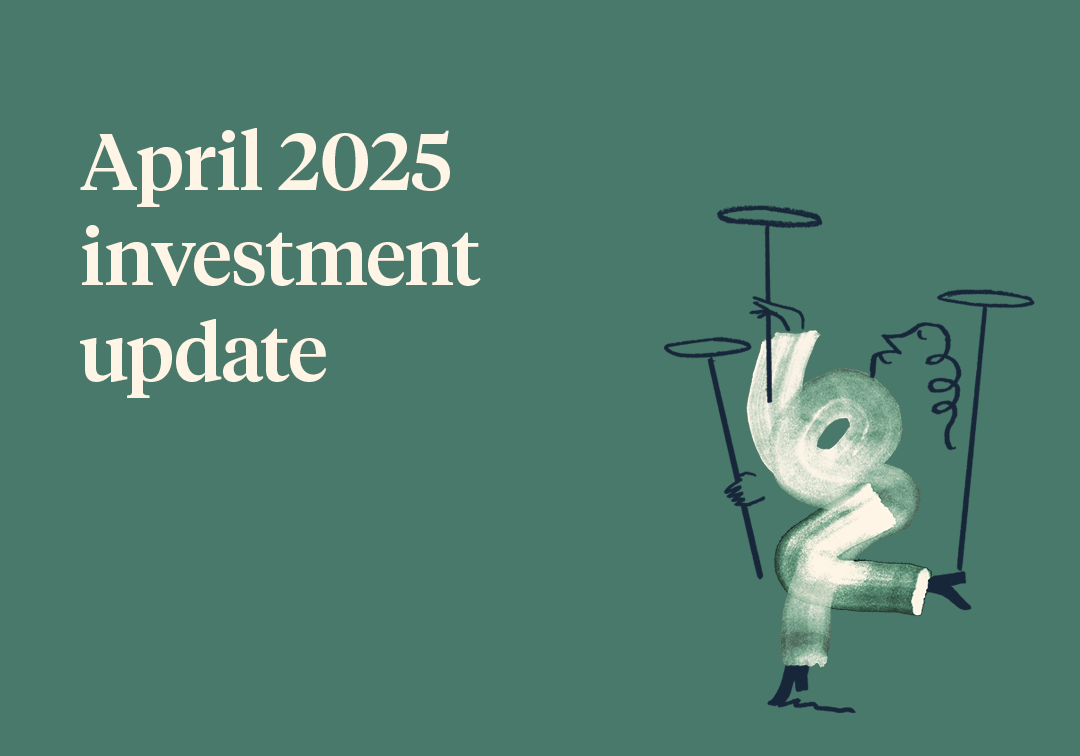Our readers will be well aware by now just how extraordinary and eventful 2022 has been for mainstream investment markets, with multiple dramatic moves across geographies and asset classes. However, if we had to pick one area with the most dramatic changes, it would perhaps surprise many that this area would be the arena of ‘digital assets’.
Digital assets include not only the widely known crypto currencies and tokens, but also the businesses that are building the products and services which the underlying blockchain technology enables. Although digital assets, at their core, operate outside of the existing financial system, they are also managed and developed by humans and use the same principles of lending, borrowing, trading and consumption of real resources that everyone in the analogue world uses. That means they are subject to the same economic laws of gravity too, with the age old problems of overborrowing, overspending and not matching assets with liabilities, exerting their influence in the normal way and with dramatic effect. This year there have been multiple negative shocks to the digital asset arena, culminating in what we would say is an event equivalent to the implosion of Lehman Brothers at the beginning of the great financial crisis of 2008. We would also tentatively suggest that this year of catharsis could mark the moment when digital assets move quickly into the mainstream investment arena and, ultimately, into your portfolios.
JP Morgan have estimated that the total value of the tradeable crypto universe is circa $972 bn as of the end of October 2022, a fall of -56% and a loss of over $1trn of ‘value’ over the course of the year [1]. Eye catching as this figure is, it is also just one of many headline grabbing events in a year which included the largest ever data breach, leading to the theft of $620m (the Axie Infinity crisis), the collapse of a market leading ‘cash’ equivalent (Terra/Luna) and the failure of a globally significant digital exchange (FTX). There was also one of the most significant technological shifts since the inception of blockchain technology, with the successful ‘merge’ in the Ethereum eco system. We would venture that most of these events haven’t really penetrated many investors’ mindsets and, given how much competition there has been for headlines this year, this is hardly surprising. Yet, in highlighting the fragility of this emerging asset class, we think these adverse headlines have also masked significant underlying progress in the delivering of products, services and technological advances which will be effective in the real world.
Taking stock of the lessons learnt in a fast-paced year, we have several observations to make of the digital asset class. The first is that the major digital assets are now well correlated to other investment markets. Bitcoin, for example, has moved from a negative correlation with risk assets (e.g. the S&P500 or Nasdaq) in the pre Covid era to a meaningful positive correlation now. This shift reflects the increasing institutionalization of crypto assets, as more and more financial organisations deploy some of their risk capital into the digital arena.
Do you need help managing your investments?
Our team can recommend an investment strategy to meet your financial objectives and give you peace of mind that your investments are in good hands. Get in touch to discuss how we can help you.

The second key point to us is that the security issues surrounding theft of digital assets (in some cases organized by nation states such as North Korea [2]) indicate failures in company security systems and not in the underlying blockchain protocol itself. Instead, they reflect the early-stage nature of the corporate entities rather than flaws in the underlying ‘tech’. Operational setbacks are part and parcel of the process of advancing a good idea into the mainstream for venture capitalists and we think the same filter applies to investing in digital assets.
The third observation would be that the failures and scandals this year are ushering in much needed regulatory reform, a necessity for bringing the asset class further into the mainstream. The European Union is set to vote on the Markets in Crypto Assets (or MiCA) bill in February next year, an important event which will require, amongst many other things, that crypto companies seek authorization from national regulators. The FTX scandal in the USA is accelerating the move towards bringing crypto companies fully into the existing financial regulatory frameworks, something which the Federal Reserve thinks is necessary to avoid potential risk to financial stability.
Taking all of these observations together, we think there is a reasonable case now that the links from the digital arena into the traditional financial system are growing steadily and that wider adoption will be catalysed by better regulation and oversight. Survey data from Fidelity [3] backs up this opinion, with 58% of the 1,052 institutional investor respondents having already invested in digital assets this year and 72% saying they will do so in the future.
Perhaps most importantly, proof that blockchain technology can actually produce products and services that are of real use was widespread this year, albeit hard to find amidst more interesting scandal-based headlines.
For example, the Monetary Authority of Singapore brokered its first foreign exchange trades in Yen and Singapore dollars using its own ‘defi’ application, i.e., a digital platform that facilitates financial transactions without the need for traditional middlemen or settlement systems. UBS [4] issued the ‘’first ever digital bond by a banking institution globally that will be listed, traded and settled on a regulated digital exchange’’ raising CHF 375m, in November 2022. India is currently trialling the use of the digital rupee in settling trades in its government bond market and also intends to roll out pilots for use in the retail sector by year end. The New York Fed has demonstrated how foreign exchange transactions could take place in <10 seconds as opposed to the existing two days, if blockchain technology was used. The list goes on, building solid evidence that the existing plumbing of the global financial system can be remodelled into something faster and cheaper.
We have been monitoring the digital universe for several years now, building up our knowledge base and listening to managers with particular skills in trading crypto currencies and investing in the early-stage companies pioneering new products and services. We were wary of the wild west, unregulated environment in which this was happening and have never invested in any of the offers coming our way. However, we never doubted that blockchain technology itself would very likely prove robust and capable of revolutionizing financial services. The dislocations in the crypto markets this year seem to have brought forward the point at which the asset class will mature into something worth taking more seriously. We have always thought that the flipside of volatility is opportunity and sense that by the time we are writing next year’s reviews we may well be making our first investments in the arena.
[1] JPMorgan Crypto Markets October 2022
[2] Financial Times Big Read November 14th 2022
Do you need help managing your investments?
Our team can recommend an investment strategy to meet your financial objectives and give you peace of mind that your investments are in good hands. Get in touch to discuss how we can help you.

Article sources
Editorial policy
All authors have considerable industry expertise and specific knowledge on any given topic. All pieces are reviewed by an additional qualified financial specialist to ensure objectivity and accuracy to the best of our ability. All reviewer’s qualifications are from leading industry bodies. Where possible we use primary sources to support our work. These can include white papers, government sources and data, original reports and interviews or articles from other industry experts. We also reference research from other reputable financial planning and investment management firms where appropriate.
The views expressed in this article are those of the Saltus Asset Management team. These typically relate to the core Saltus portfolios. We aim to implement our views across all Saltus strategies, but we must work within each portfolio’s specific objectives and restrictions. This means our views can be implemented more comprehensively in some mandates than others. If your funds are not within a Saltus portfolio and you would like more information, please get in touch with your adviser. Saltus Asset Management is a trading name of Saltus Partners LLP which is authorised and regulated by the Financial Conduct Authority. Information is correct to the best of our understanding as at the date of publication. Nothing within this content is intended as, or can be relied upon, as financial advice. Capital is at risk. You may get back less than you invested. Tax rules may change and the value of tax reliefs depends on your individual circumstances.
Related blog posts
About Saltus?
Find out more about our award-winning wealth management services…
Winner
Best Wealth Manager
Winner
Investment Performance: Cautious Portfolios
Winner
Top 100 Fund Selectors 2024
Winner
Best Places to Work 2024
£8bn+
assets under advice
20
years working with clients
350+
employees
97%
client retention rate


